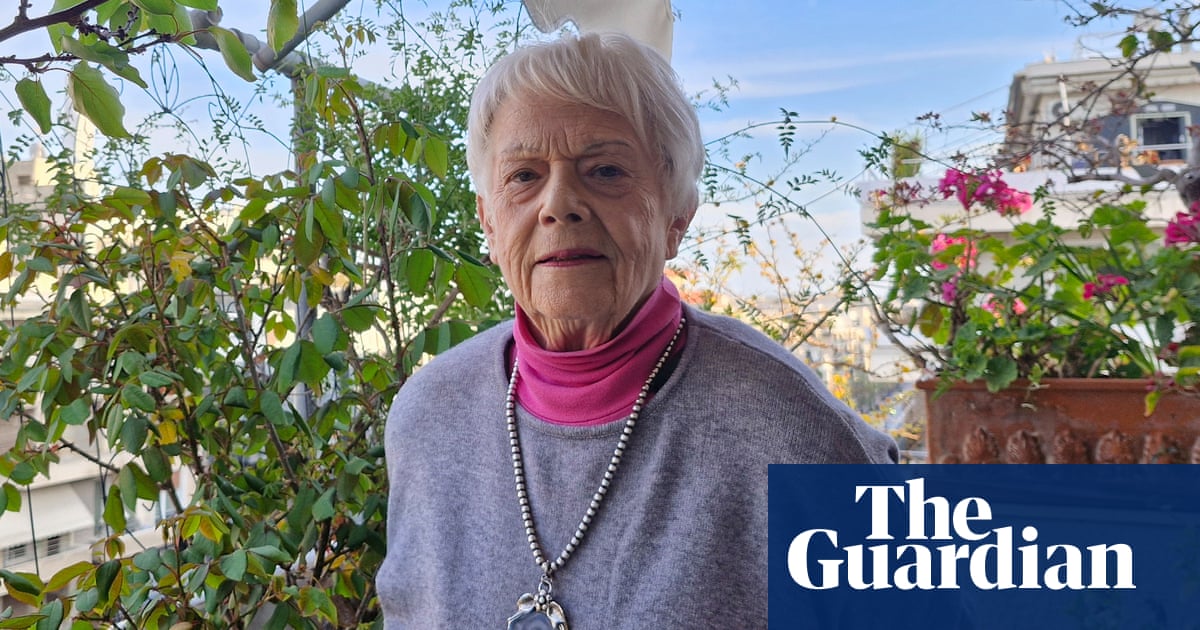Katie Kitamura’s most recent books, A Separation (2017) and Intimacies (2021) – each narrated by an unnamed woman upping sticks for Europe in the wake of emotional upheaval – were among several American novels to take inspiration from the coolly analytical style of Rachel Cusk’s Outline trilogy. Kitamura’s new novel, Audition, centred on marital strife between an actor and an art critic in New York, likewise deploys that Outline-patented register of philosophical meditation, this time to unsettling and even unfathomable purpose – which is another way of saying I just didn’t get it.
Mystery reigns from the start. We’ve got another unnamed narrator, who visits a restaurant to meet Xavier, 25, nearly half her age. The meeting is “something I had not chosen to share with Tomas”, her husband, “although I didn’t know why”, a caveat that sounds the keynote for a coy guessing game. “I want you to know that I accept what you told me,” Xavier tells her; we have no idea what he means, but it’s only page 8, and we’re enjoying the tension. When the narrator tells him: “I don’t think we should see each other again… No relationship between us can be possible,” it’s a feint that wrongfoots us for the moment when – still only 40 pages in, no spoiler – we’re told this isn’t about sex: the “conflict in the air between us… read as carnal interest [but] the actual story, the reality of what was happening between us in that moment, was much less easily imagined”.
Well, OK, but there’s a hair’s breadth between intrigue and time-wasting, and I don’t think Audition knows the difference; we’re as likely to be grumpy as gripped. “I couldn’t understand why I had agreed to meet Xavier in the first place,” the narrator says. “I had felt sorry for him perhaps… But had it only been that?” (You tell us!) She thinks Tomas thinks she’s cheating; something he’d never do: “Tomas was, or so I believed, largely indifferent to other women… But could that really be possible?”
True, the pedantic itemising of the narrator’s various anxieties, mixed with descriptions of buying coffee or pastries, does make us want to know where the story’s going. It’s a high-risk strategy – the payoff had better be good – and Kitamura raises the stakes with a risky rewind at the halfway mark, resetting the book’s second part in the same restaurant where the narrator met Xavier “all those months ago”, only this time Tomas is there too, and Xavier’s their son.
The result is a bizarre juxtaposition of contradictory timelines. Kitamura in effect torches the first half’s laboured explanation of how the narrator could afford her apartment – because she doesn’t have kids – to say nothing of some early passages involving her memories of abortion and miscarriage, a sequence rendered almost offensively pointless, given it’s just about the most vivid thing in the book. The tricksy self-cancelling leads to blankness upon blankness. When the narrator finds she can’t remember Xavier’s boyhood (“it was as if our relationship did not exist… Was it normal for a mother to be so unreflective?”), I don’t think she’s meant to be a maternally ambivalent empty-nester whose memory is failing; she’s just a character in a novel that’s fundamentally uninterested in creating one.
Cusk’s most recent novel, Parade, was also a puzzling journey into abstraction, but you always sensed genuine feeling behind its horror of character creation as a kind of malign exercise of power (for Cusk, it’s the work of domineering parents as well as novelists). By contrast, Kitamura questions how fiction works simply by emptying it of significance. When the narrator reassures herself that Xavier’s return isn’t “a figment of my imagination but… real, real, materially real”, the strange repetition reminds us that nothing in a novel is ever “happening”, an insight delivered with lethal solemnity rather than rug-pulling glee.
Is Audition a study of amnesia? A zeitgeisty metaphor for an imminent AI hellscape flooded with untrustworthy utterance? Or perhaps something more basic, given that it ends with Xavier writing his mother a play, a monologue for “a woman who can no longer distinguish between what is real and what is not real”? Whatever the key to this joylessly evasive experiment, I ended up feeling that Kitamura could keep it.

 1 day ago
9
1 day ago
9













































